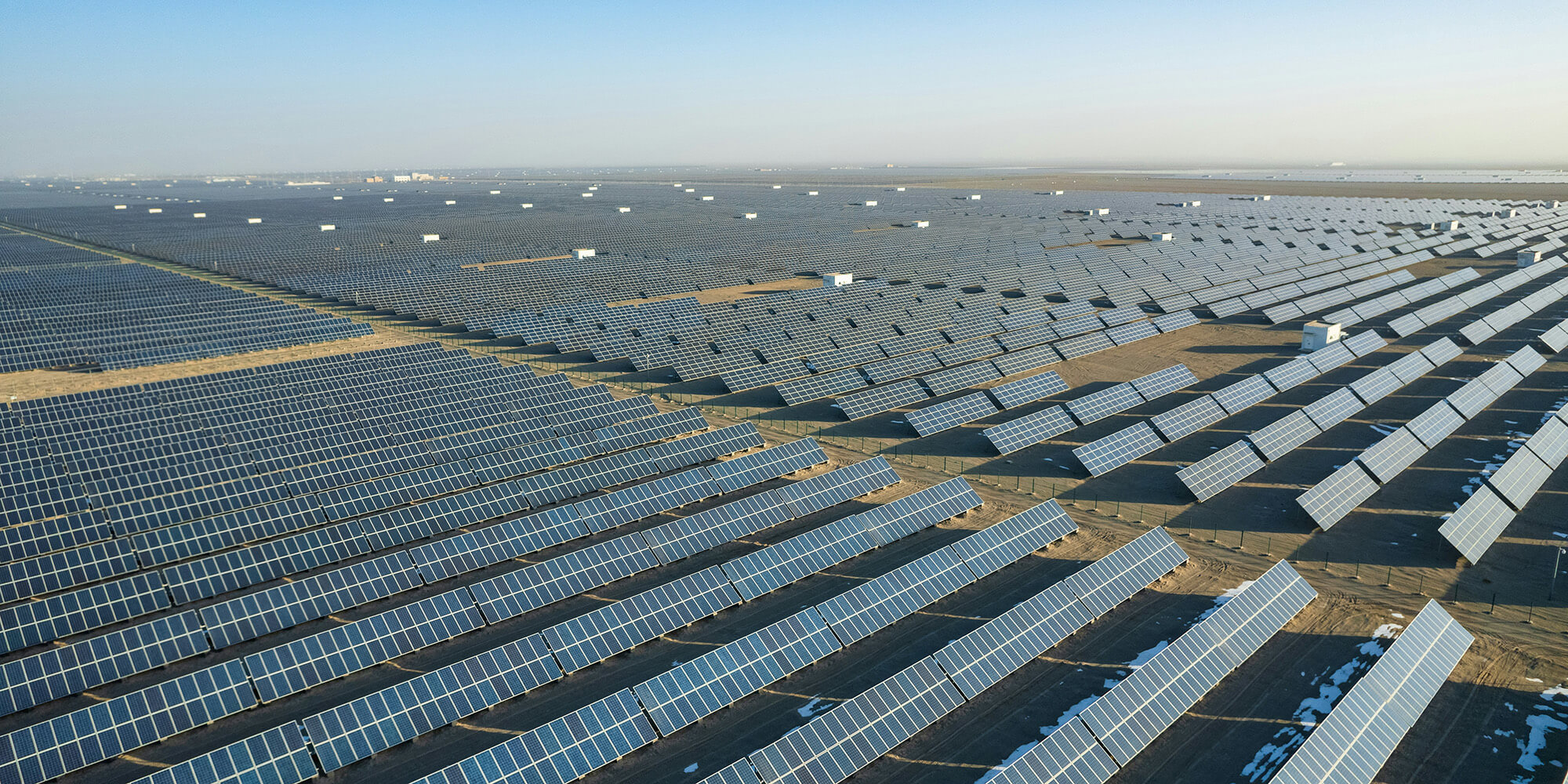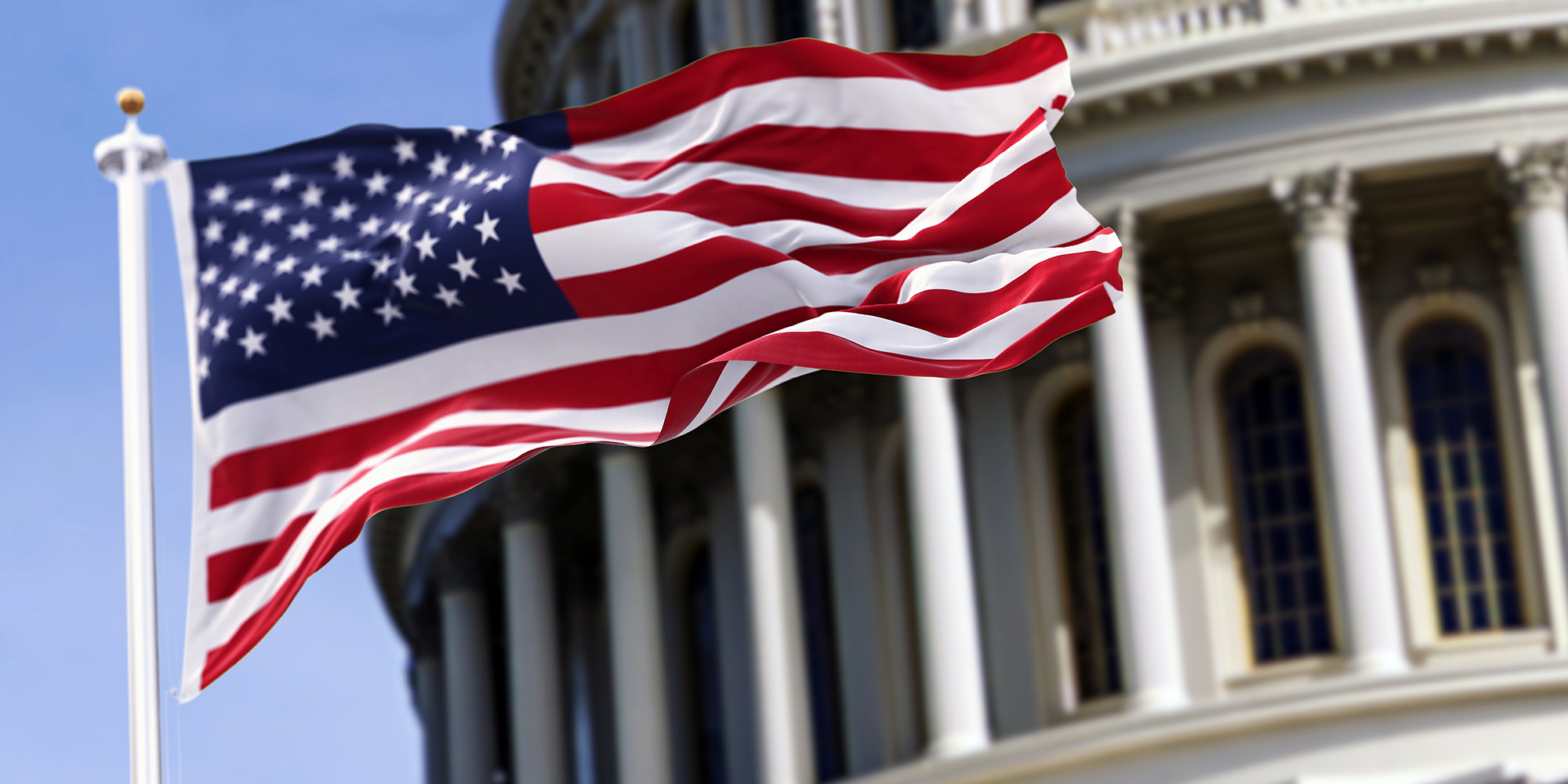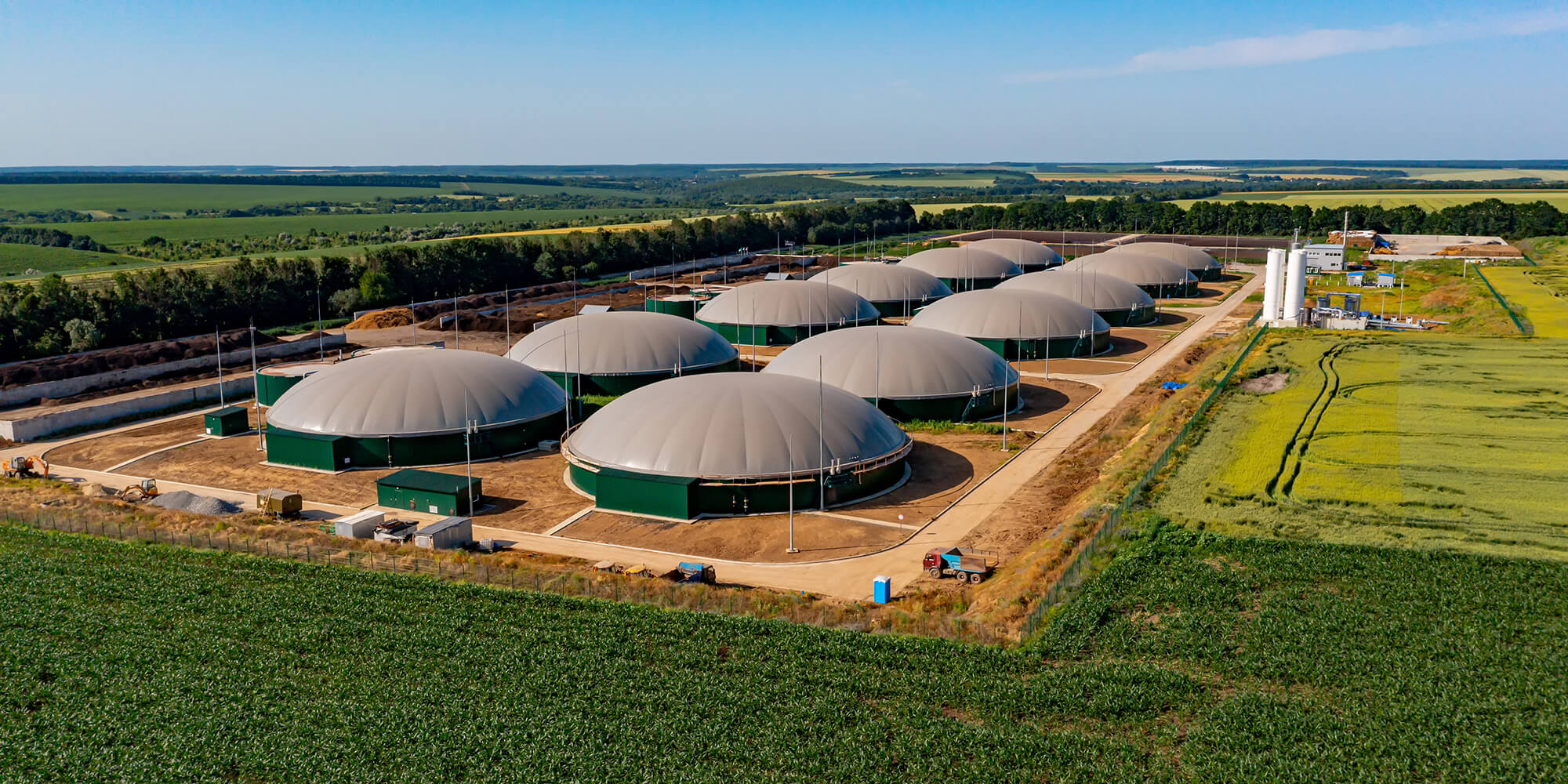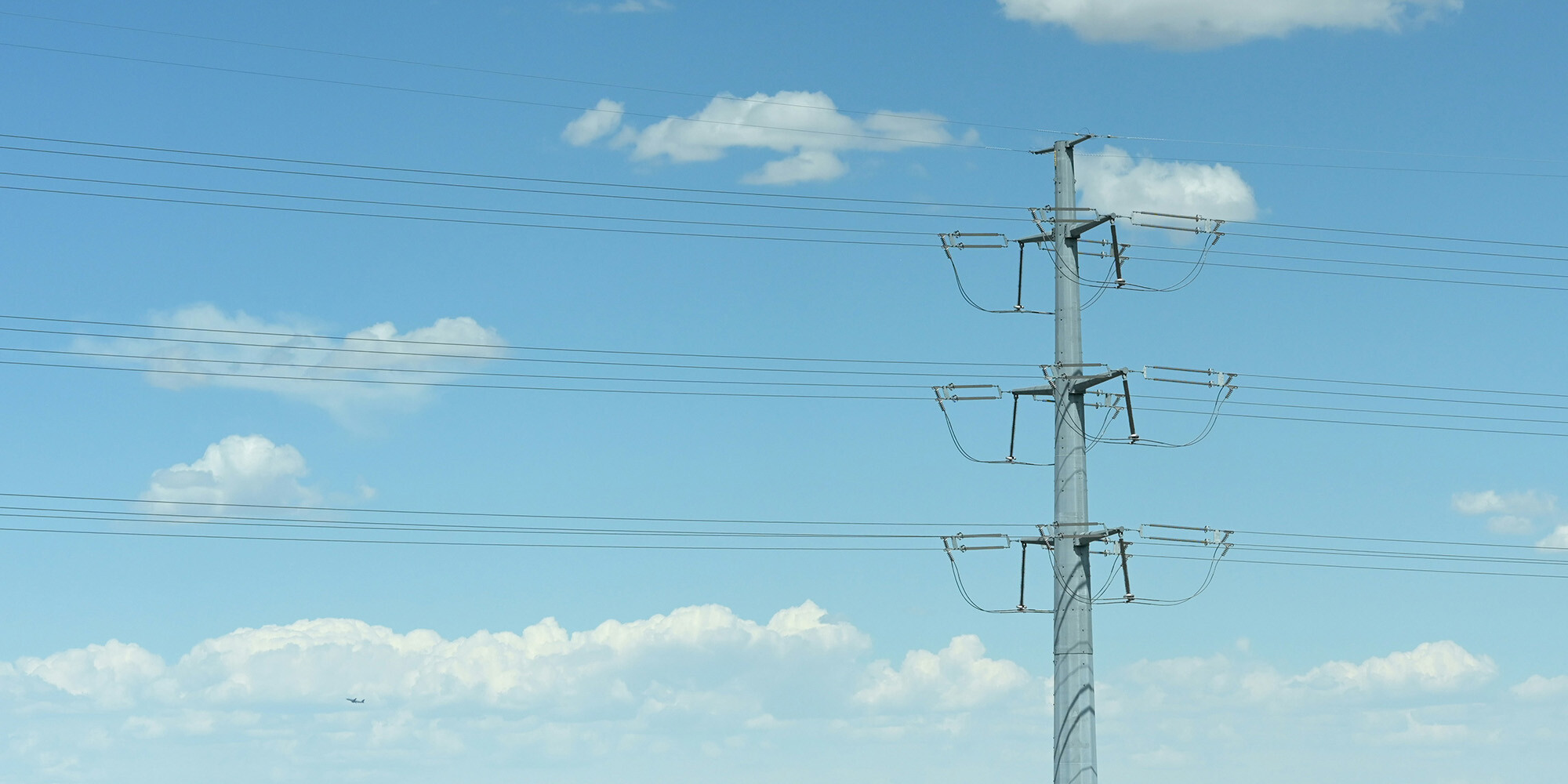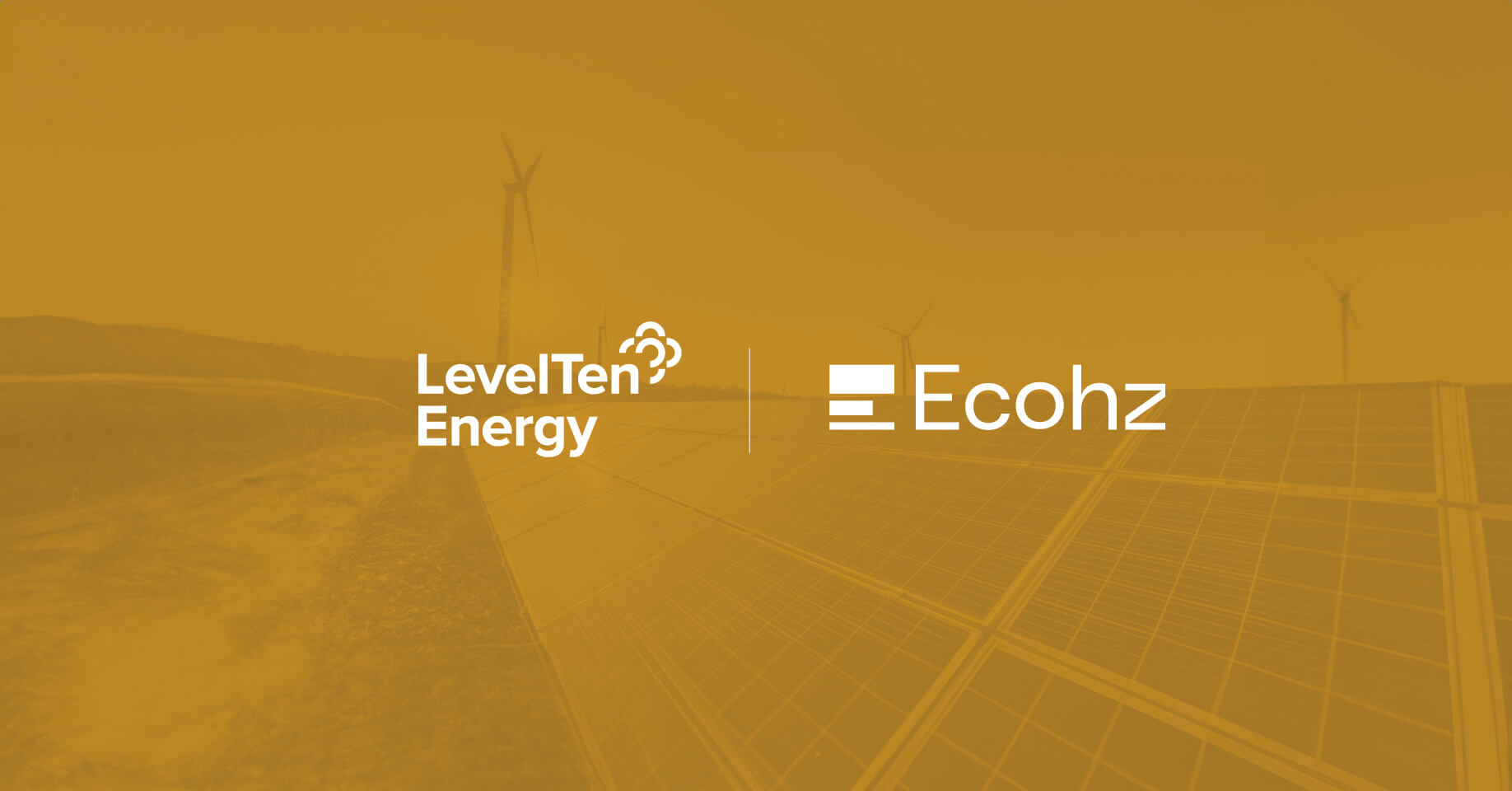Technology is easily associated with electricity. Think plugging in computers, charging phones, and even powering data centres. However, a lot of the IT industry’s energy consumption happens behind the scenes, in assembly lines that use vast amounts of electricity to put together our laptops and headsets before we even think of turning them on.
 TCO Certified, the world-leading sustainability certification for IT products, is shifting production to renewable energy. On June 11, the final criteria documents of the new generation of TCO Certified were published, establishing that “at least 15% of the electricity used in the final assembly of the certified product must be procured or generated from renewable sources.” The target will become binding for all certified products starting with the reporting year 2025.
TCO Certified, the world-leading sustainability certification for IT products, is shifting production to renewable energy. On June 11, the final criteria documents of the new generation of TCO Certified were published, establishing that “at least 15% of the electricity used in the final assembly of the certified product must be procured or generated from renewable sources.” The target will become binding for all certified products starting with the reporting year 2025.
“There are several parts of the manufacturing process for IT products that are energy intensive, for example, the clean room facilities in the manufacturing of semiconductors and display panels,” Niclas Rydell, Director of TCO Certified, says. “We believe renewable electricity has a significant role to play.”
TCO Certified reviews and updates its criteria every three years to drive continuous change in sustainability. Each update has global effects. The certification covers 50% of computer displays and 30% of business notebooks on the global market. After the launch of the previous generation of the certification, the number of products with TCO Certified increased by 26%.
Swelling demand for sustainable IT hardware is pushing manufacturers to reduce the environmental impact of their products. To keep the momentum going, TCO Certified is making its criteria actionable.
TCO Certified collaborated with Ecohz to develop a set of guidelines that give IT manufacturers a clear pathway to meet the new renewable electricity requirements.
"We needed help from an organisation with global operations and long experience in the renewable energy market. Ecohz supported the development of the criteria by providing valuable insight into how the trade of Energy Attribute Certificates is conducted on a global scale," Rydell says.
“Some of the countries in which TCO Certified products are assembled have very challenging renewable energy markets, if any at all,” Madeleine Mowinckel, Head of Advisory and Services at Ecohz, says. “It was important for TCO Certified that all companies should have pathways to comply, and at the same time, that these alternative pathways are impactful.”
The criteria name Energy Attribute Certificates (EACs) as the primary mechanism to substantiate clean energy claims. Companies are free to purchase renewable electricity from their provider of choice or generate their own. However, all renewable energy claims must be substantiated using EACs.
“There must be documented proof of compliance with every criterion in TCO Certified for each certified product model. EACs are a credible way to independently verify compliance with the criteria,” Rydell explains.
EACs are the most flexible solution for procuring renewable energy worldwide, as they allow consumers to find the energy source that best suits their needs and verifiably track the origin of that energy. “A key to success for TCO Certified is to keep bureaucracy to a minimum and make it simple for the industry to be more sustainable,” Rydell says. “Ecohz also has a portal for the purchase of EACs, which can simplify compliance with the renewable energy criterion in TCO Certified.”
Clean electricity will have an increasingly prominent function for TCO Certified. “We plan to gradually expand the categories of applicable factories to include panel and semiconductor manufacturers, as well as increasing the ratio of renewable electricity in the different stages of the supply chain,” Rydell says.
Using renewables is perhaps the most straightforward way to reduce the carbon footprint of IT products. Accessible and scalable, this solution allows companies to reach climate goals and meet the demand for low-carbon tech. By setting clean energy targets, TCO Certified keeps pushing the industry towards a more sustainable future.
Get the latest information on the new generation TCO Certified and how to apply ahead of the official launch on this webpage: https://tcocertified.com/industry/generation-11/



.png?width=3840&height=2560&name=Sun(1).png)

.png?width=3840&height=2560&name=Landscape_2(1).png)
